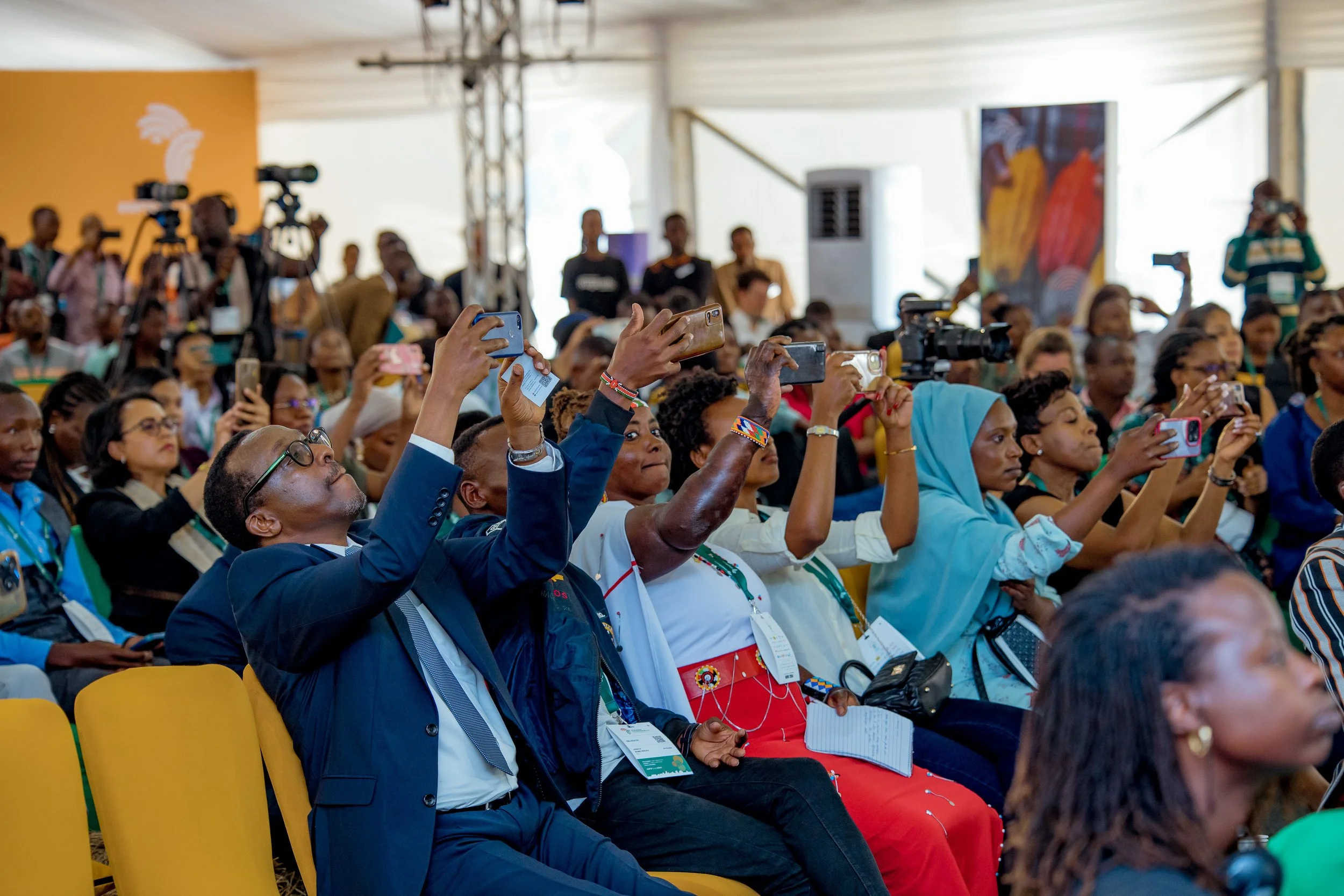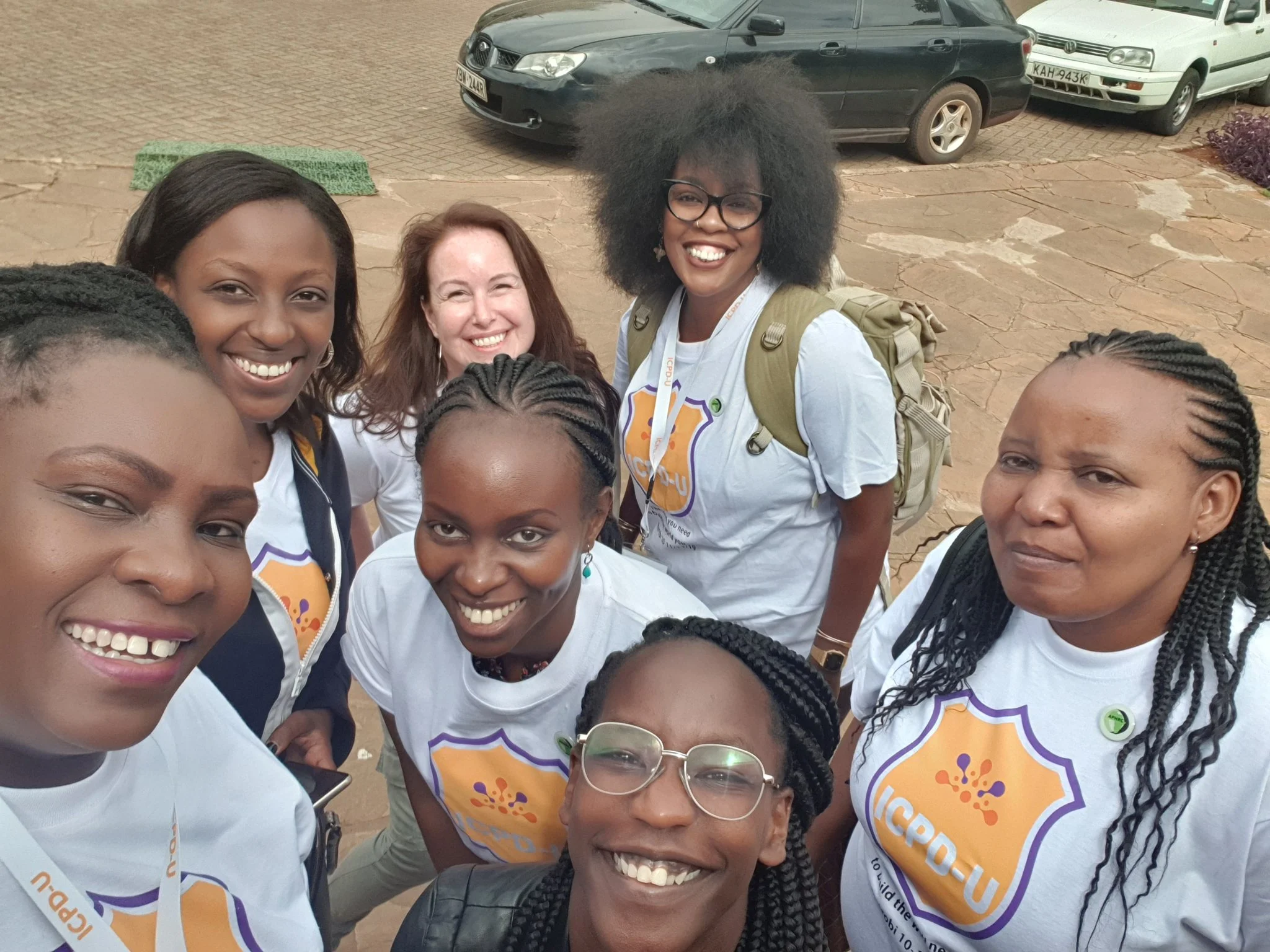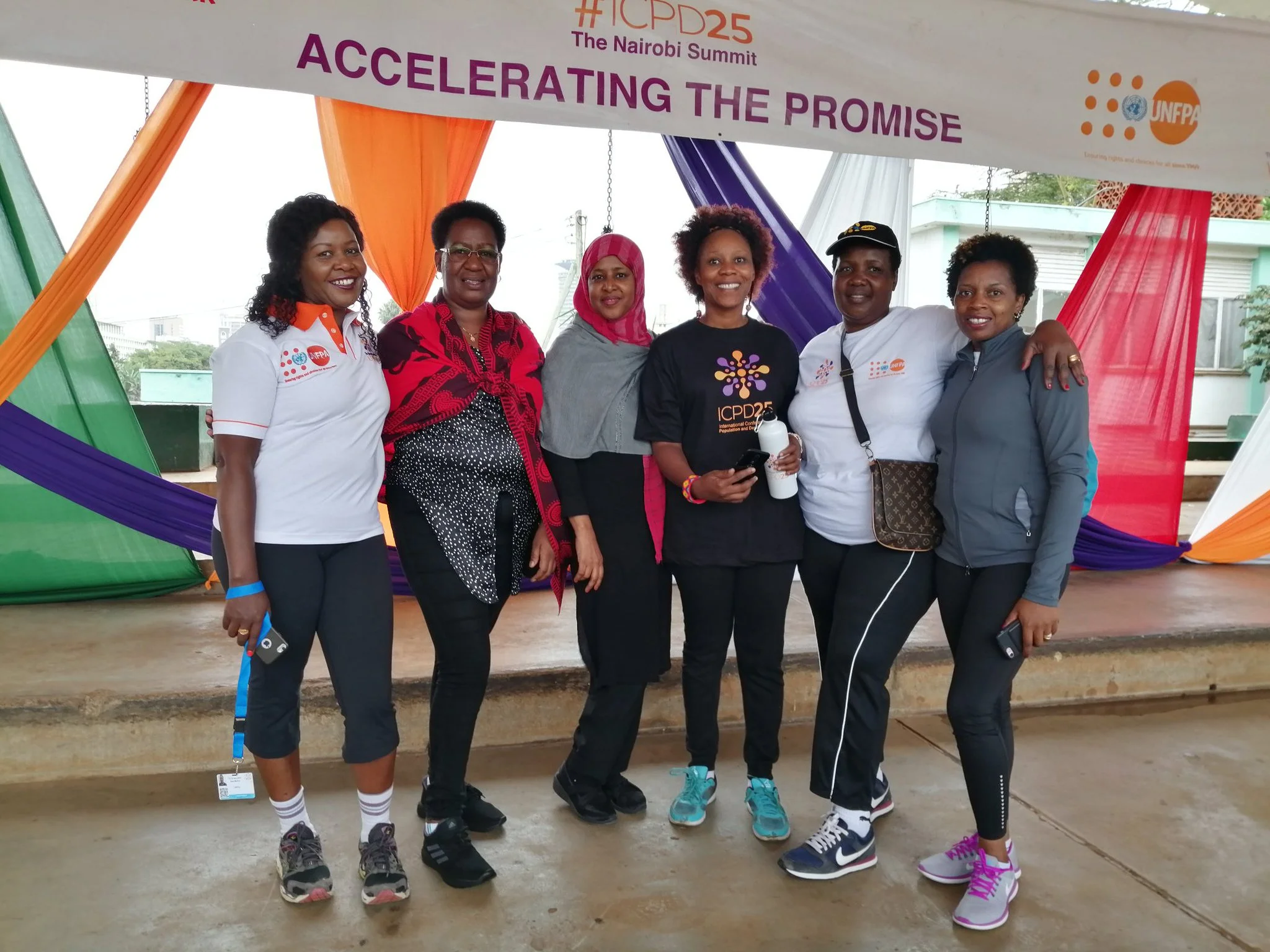Next week our representatives are in Mexico for the 19th IOPD Conference. A chance to us to reflect on the meaning of Democracy in its deepest sense, along with its intrinsic link with the full exercise of rights in our cities and the strategic tasks that both communities and local governments must push through in order to ensure that living and coexistence in the city will be more human, democratic, sustainable, equitable, fair and solidary.
How Do Young People Reason Civically Online? | The Youth Cafe
MIL Capacity Building For Youth Organizations in Kenya | The Youth Cafe
The Youth Cafe in pertnership with Centre for Media and Information Literacy in Kenya (CMIL-Kenya) and UNESCO have planned a 3-day media and information literacy (MIL) capacity building for membership-based youth led organisations in Kenya to enhance their MIL competencies. The workshop will be held on October 17th – 19th, 2018 at Sunstar Hotel, Nairobi.
Media Literacy Curriculum Validation For Teachers | The Youth Cafe
The draft MIL curriculum for teachers in Kenya was yesterday (on 6th September, 2019) validated by stakeholders for adaptation and mainstreaming in teacher training and professional development in the country. Stakeholders drawn from government agencies, academia, education sector, civil society and the private sector hailed the draft curriculum as a timely resource for re-tooling the Kenyan teacher to deliver on the new competency based curriculum being implemented in Kenya.
16 Days of Activism against Gender Based Violence 2019 | The Youth Cafe
The 16 Days of Activism against Gender-Based Violence is an annual international campaign that kicks off on 25 November, the International Day for the Elimination of Violence against Women, and runs until 10 December, Human Rights Day. It was started by activists at the inaugural Women’s Global Leadership Institute in 1991 and continues to be coordinated each year by the Center for Women’s Global Leadership. It is used as an organizing strategy by individuals and organizations around the world to call for the prevention and elimination of violence against women and girls.
Mobilizing and Empowering Youth to Implement the Unfinished Business of ICPD | The Youth Cafe
The Youth Cafe commits to empower young people to demand their rights and hold national systems and services accountable. In particular, we commit to amplifying the voices of adolescents in our advocacy efforts and working to strengthen national platforms for increased and equitable adolescent engagement in developing policies and programs that impact them.
Global Consensus Statement on Youth-led Accountability | The Youth Cafe
We strongly believe that the realization of the commitments adopted in the United Nations World Programme of Action for Youth (WPAY), the Sustainable Development Goals, various treaties, conventions and protocols, and indeed, national constitutions and local legislations, will not be achieved without the meaningful engagement of adolescents and young people in accountability mechanisms. We commit through this statement, to promote and support youth-led accountability initiatives as a means of ensuring the meaningful adolescent and youth engagement required for a sustainable development that truly leaves no one behind.
ICPD25 Youth Engagement Toolkit | The Youth Cafe
Nairobi Statement on ICPD25: Accelerating the Promise | The Youth Cafe
This is the final version of the Nairobi Statement, formulated after six months of global consultations led by the International Steering Committee on ICPD25, with hundreds of organizations and thousands of people involved. The Nairobi Statement provides a global framework for the formulation of government and partner commitments. Since it is non-binding, countries and other stakeholders may choose to support the Nairobi Statement in its entirety, in part, or not at all. In no way does supporting the Nairobi Statement infringe upon national sovereignty
Youth for Migration | The Youth Cafe
There is a growing need for policy that is relevant and realistic, not just a product of one authoritative voice, but a collective of voices. Migrants, especially migrant youth, need to be a part of the process. The changes in the legal and procedural policies need to occur not just in writing, but in practice as well. To do so, we must re-evaluate the prejudice and stigma that has grown around migrant workers enduring less than average working conditions in host countries.











